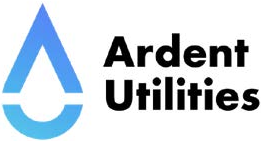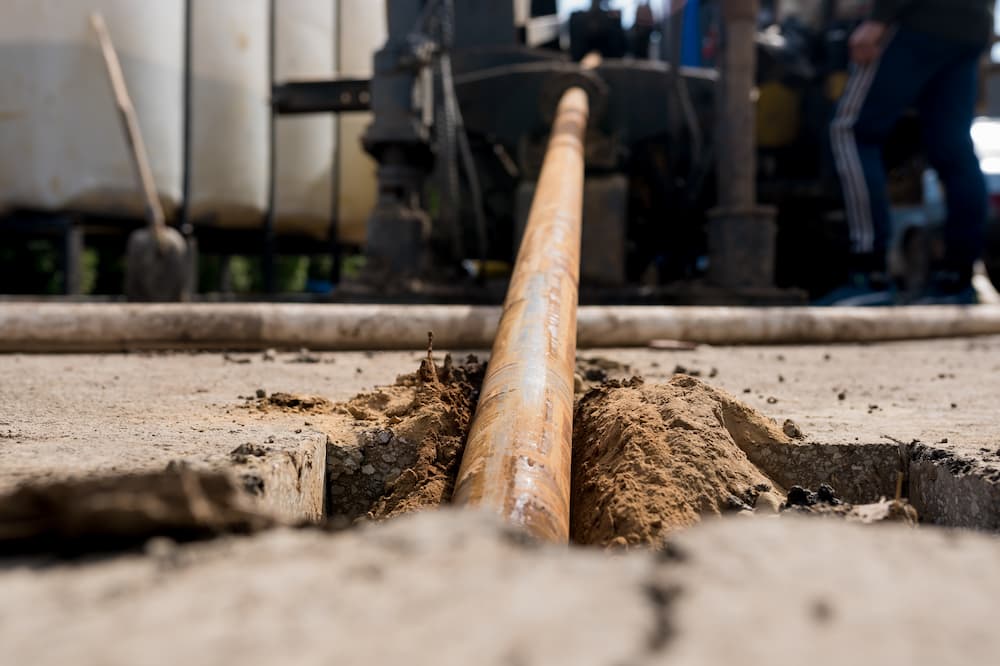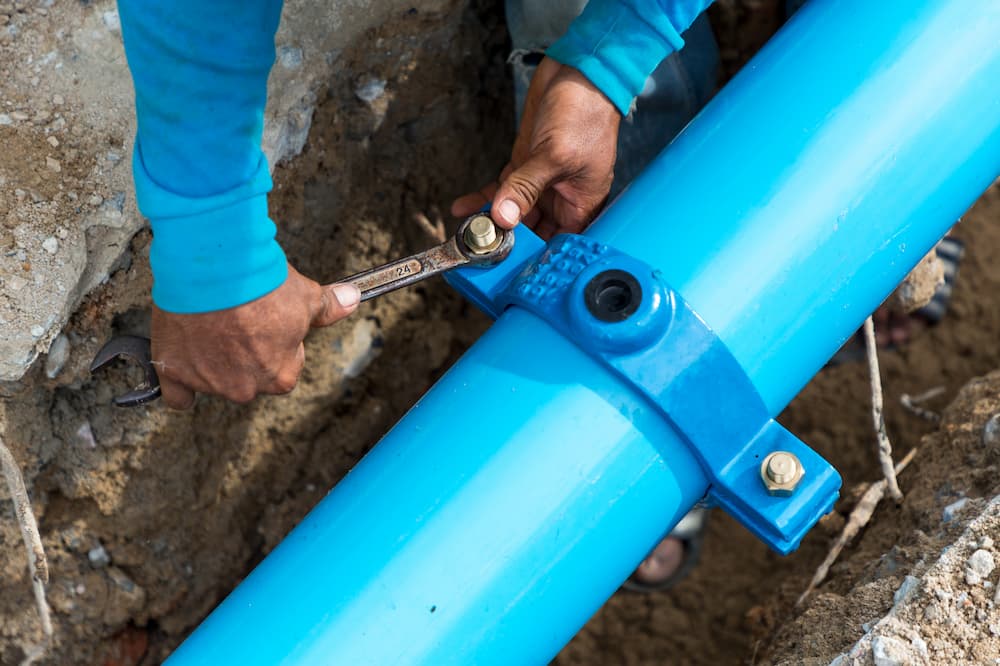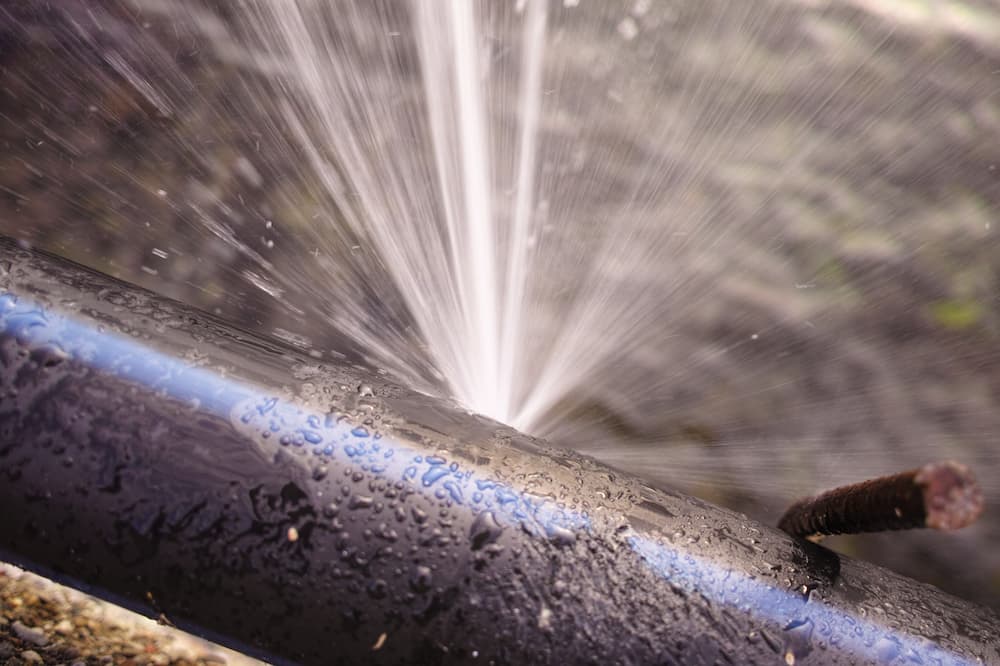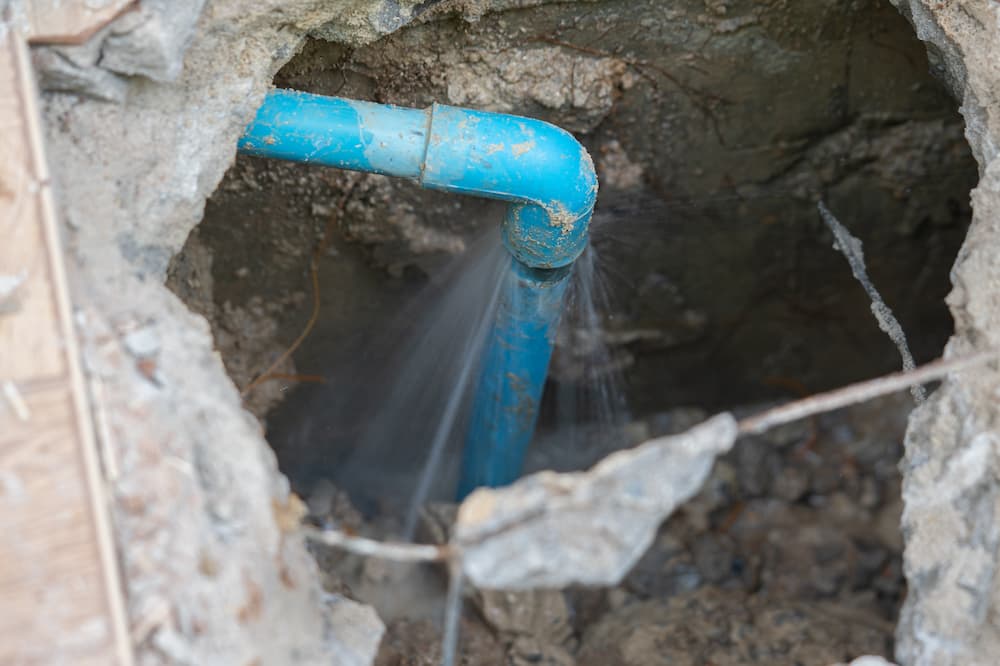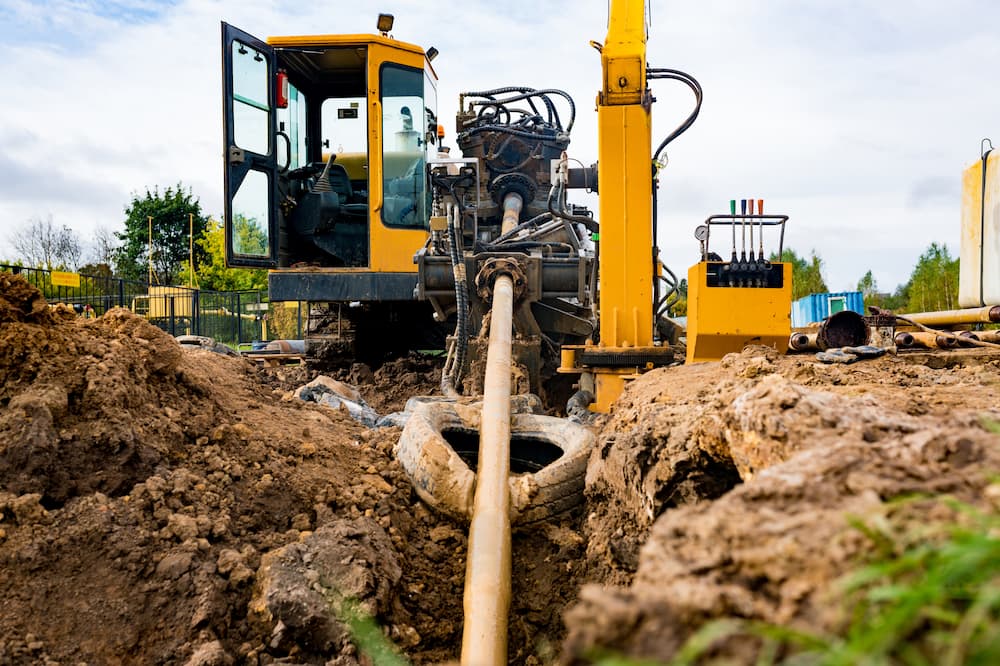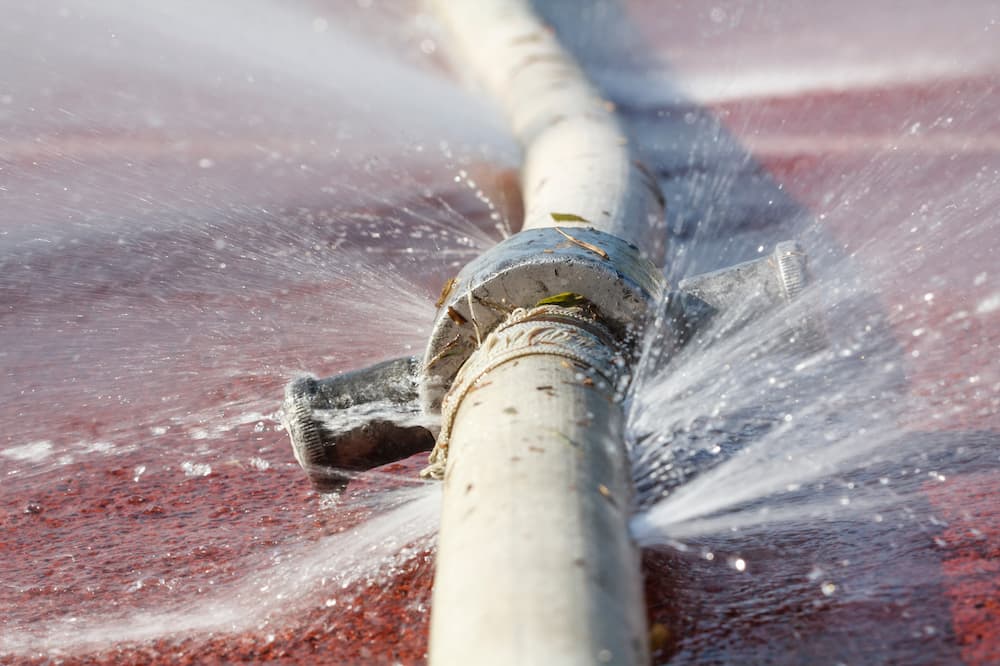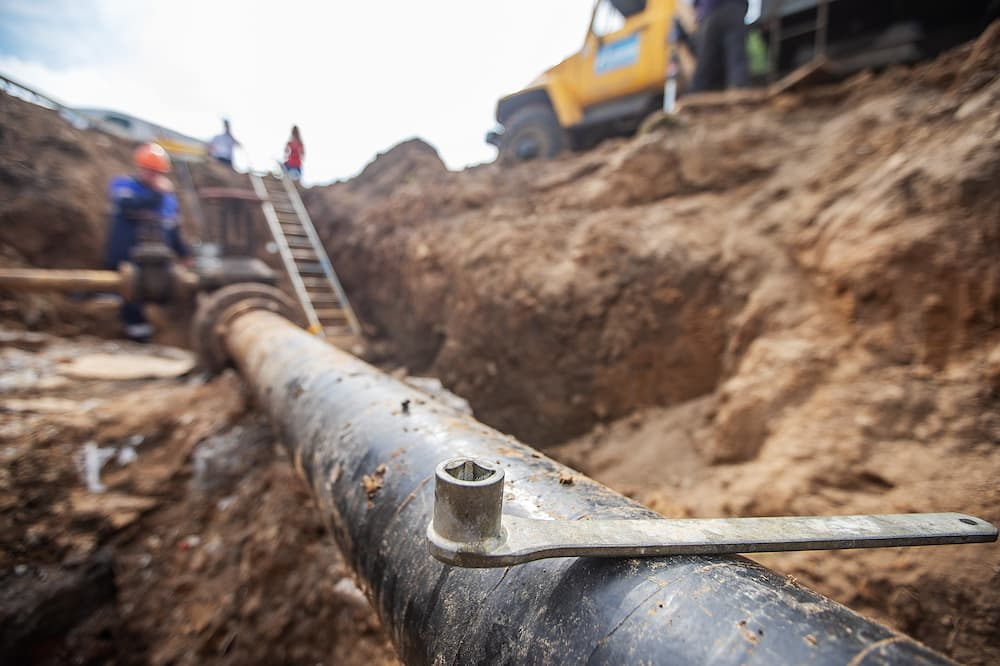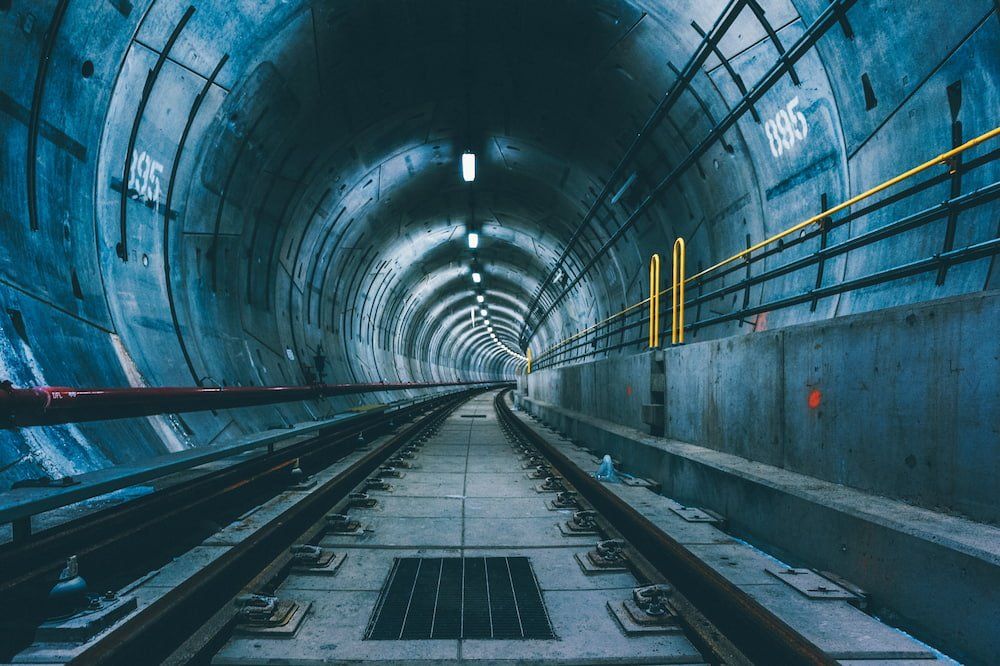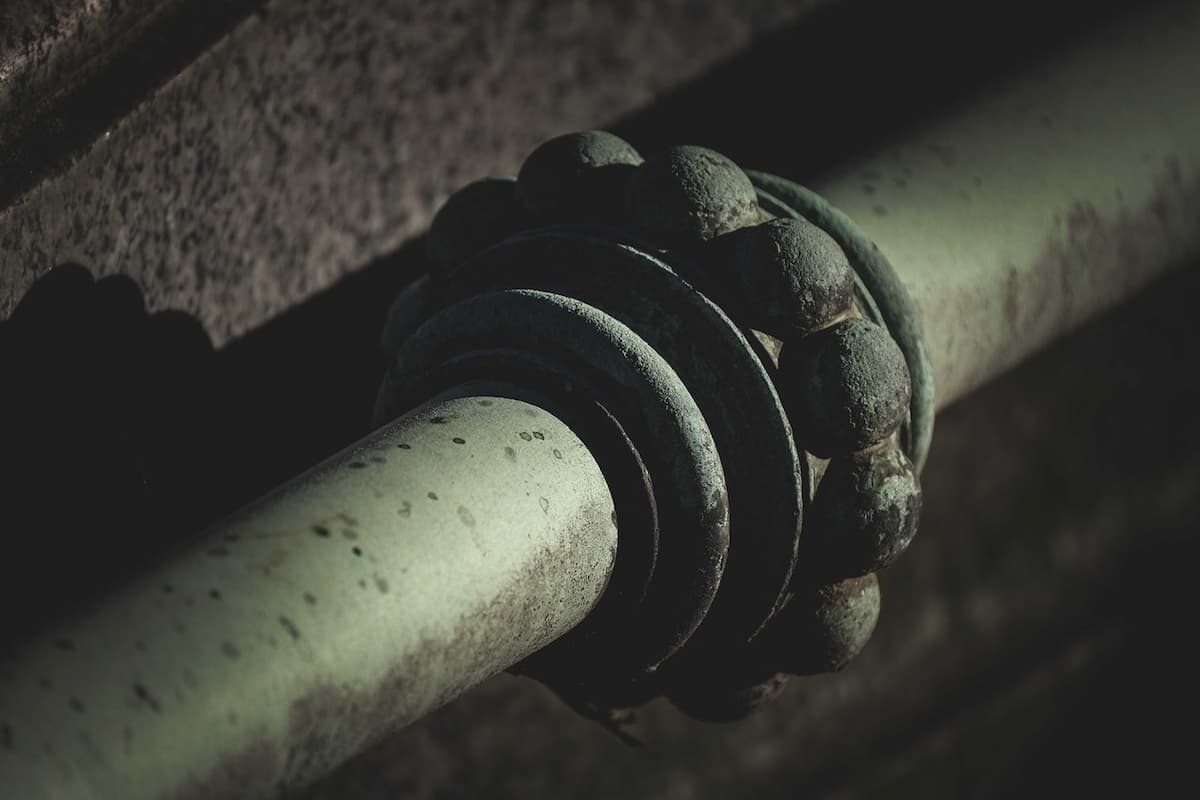Do Lead Pipes Rust?
Lead is a naturally occurring metal that has been used for many years in the plumbing industry. It is safe to say that lead has always been present in water ever since the invention of plumbing because the symbol of lead is Pb, derived from the Latin word “plumbum.” Besides plumbing, lead also has a wide variety of uses in products like cosmetics, paints, solder, and gasoline.
As the years went by, people just kept finding another reason to use lead. In the early 20th century, scientific advancement revealed the potent toxicity of lead, leading to its disuse in many world nations.
One of the most desirable properties of lead is its ability to prevent environmental deterioration by chemical reactions. However, there have been many cases of lead corrosion in the plumbing system recently.
Lead Rust Or Corrosion
Rust is a word used to describe the formation of iron oxide. For rust to occur, iron has to combine with oxygen and water, causing it to corrode. By implication, only irons and iron alloys rust. On the other hand, Corrosion is a term used to describe the destruction of any metal. Corrosion is the degradation of metal through any chemical reaction, including oxidation.
Do Lead Pipes Rust?
Technically, No. This is because lead is not an iron. But since the chemical process of rust is consistent with corrosion that occurs in metals, including lead, then, yes, lead pipes can be corroded.
How Does Corrosion Happen In Lead Pipes?
Typically, lead is very unreactive. But corrosion can occur in lead at a high rate when it is not adequately managed. Here are some of the common conditions that lead to an increase in the levels of lead in lead pipes, lead service lines, or water pipes galvanised or soldered with lead.
- Rapid lead leaching can occur in lead pipes if not electrically isolated enough for a protective film to be developed on the interior surface of the pipes.
- If the water is not treated with the proper chemicals, corrosion may occur at an increasing rate.
- Significant corrosion of lead has been known to occur in soft water containing dissolved oxygen or a combination of dissolved oxygen and carbon dioxide.
- The pH of the water: Lead pipes carrying water with high acidity are likely to be corroded.
- Water temperature: Increasingly high temperatures and fluctuations between high and low temperatures can contribute to lead leaching in lead pipes or lead soldered pipes.
- The level of wear in the pipes: Apart from being corrosion resistant, another desirable quality of lead is its durability. With lead pipes lasting for almost a century, old lead pipes that are not serviced, maintained, and managed properly are likely to contain dissolved lead components.
Effects Of Lead Corrosion On Water Supply
The use of lead in plumbing has been banned in the UK for over 50 years now. Though houses built before 1970 might still have lead pipes, newer homes are still not safe because lead solder is used for joining copper pipes or galvanised steel pipes. Lead, when exposed to human beings, can be pretty harmful and lead to lead poisoning.
Lead in drinking water is odourless, tasteless, and soluble, so detection can be challenging. Lead can be highly harmful to human health at low levels. The UK-approved standard for lead in drinking water is 10 micrograms per litre (parts per billion), but in children, there are no safe levels of lead. Apart from lead poisoning, some of the other dangers of lead exposure include;
- High blood pressure in adults
- Abdominal pain, joint and muscle pain
- Constipation and numbness
- Developmental delay and learning difficulties in children
- Loss of hearing
Conclusion
Lead corrodes in most supply water, especially if the acidity of the water is relatively high because of the presence of oxygen. This does not imply that all lead pipes or old lead pipes are corroded. While water filters designed for lead removal can remove most of the lead from your drinking water, to be on the safer side, have your water tested for lead and ensure that any lead pipes are replaced with copper or plastic pipes.
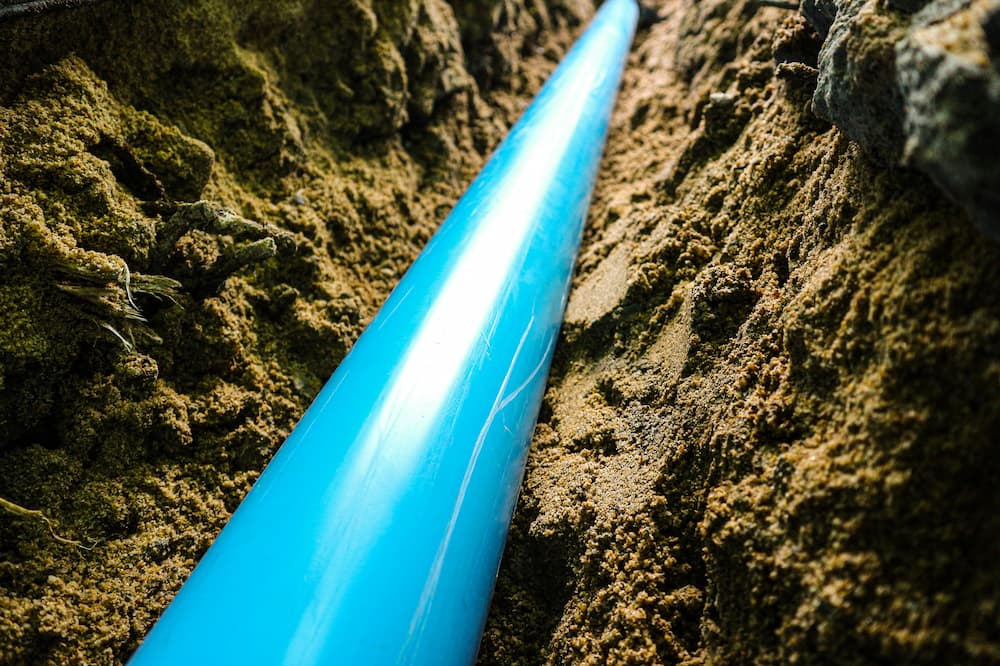
CONTACT
3 Ridgewood Drive,
Birkenhead, Wirral
CH61 8RA, UK
T: 0800 009 2964
E: enquiries@ardentutilities.co.uk
